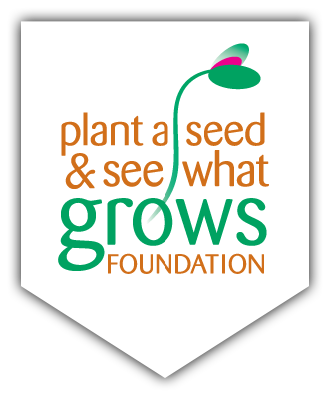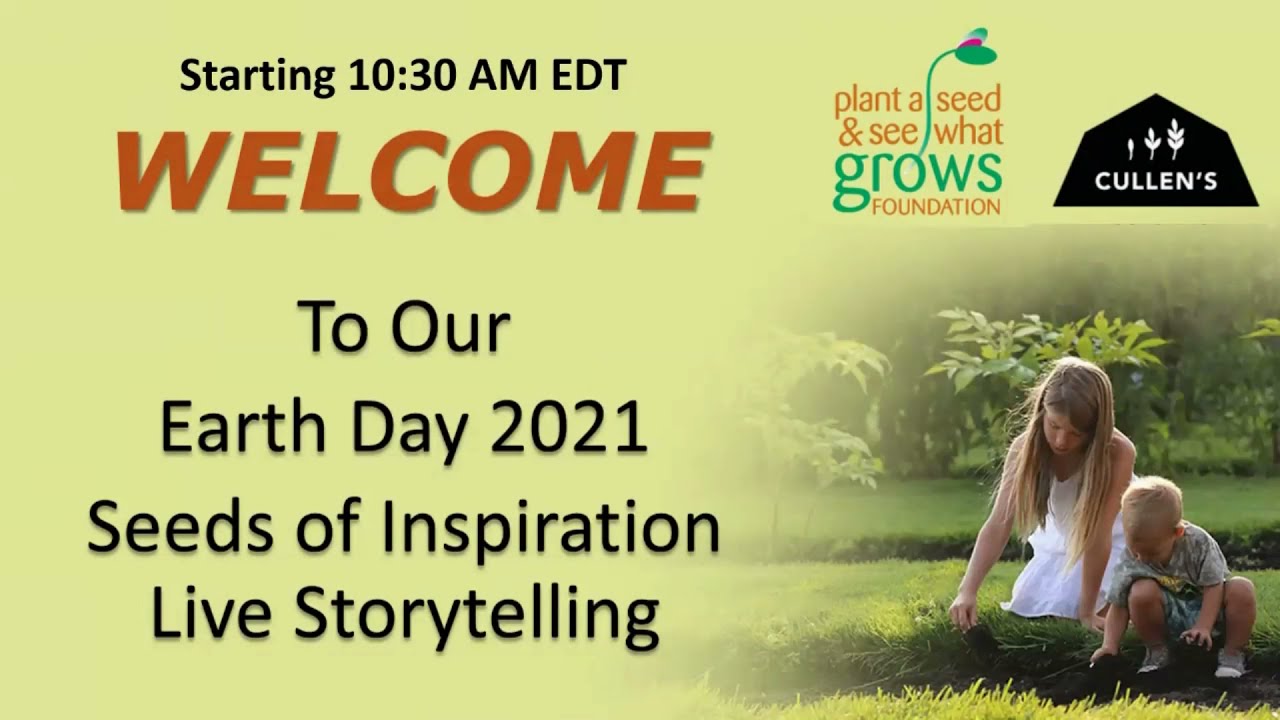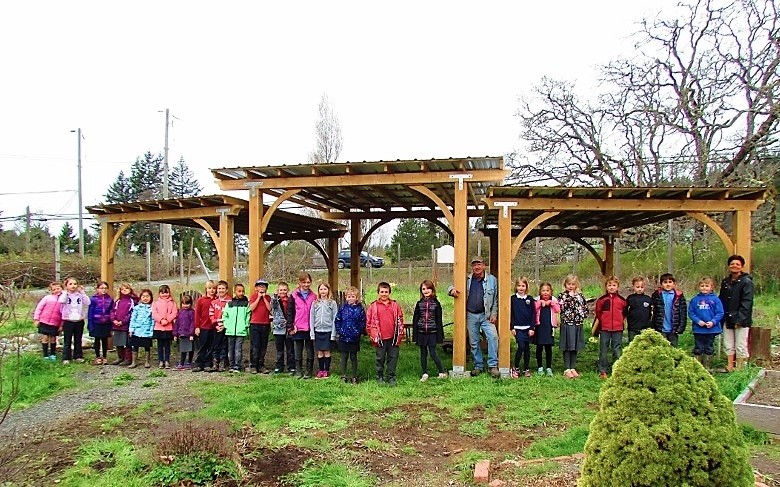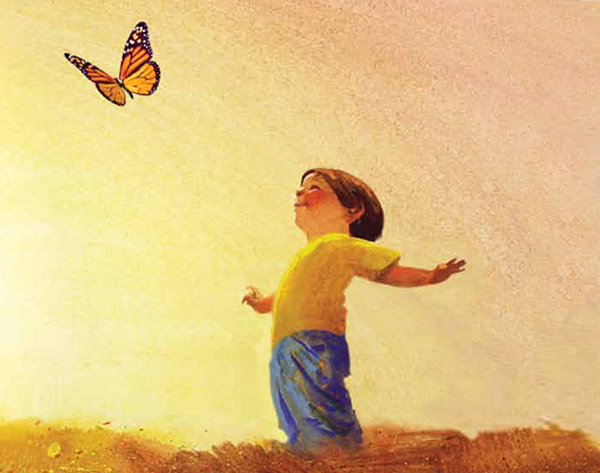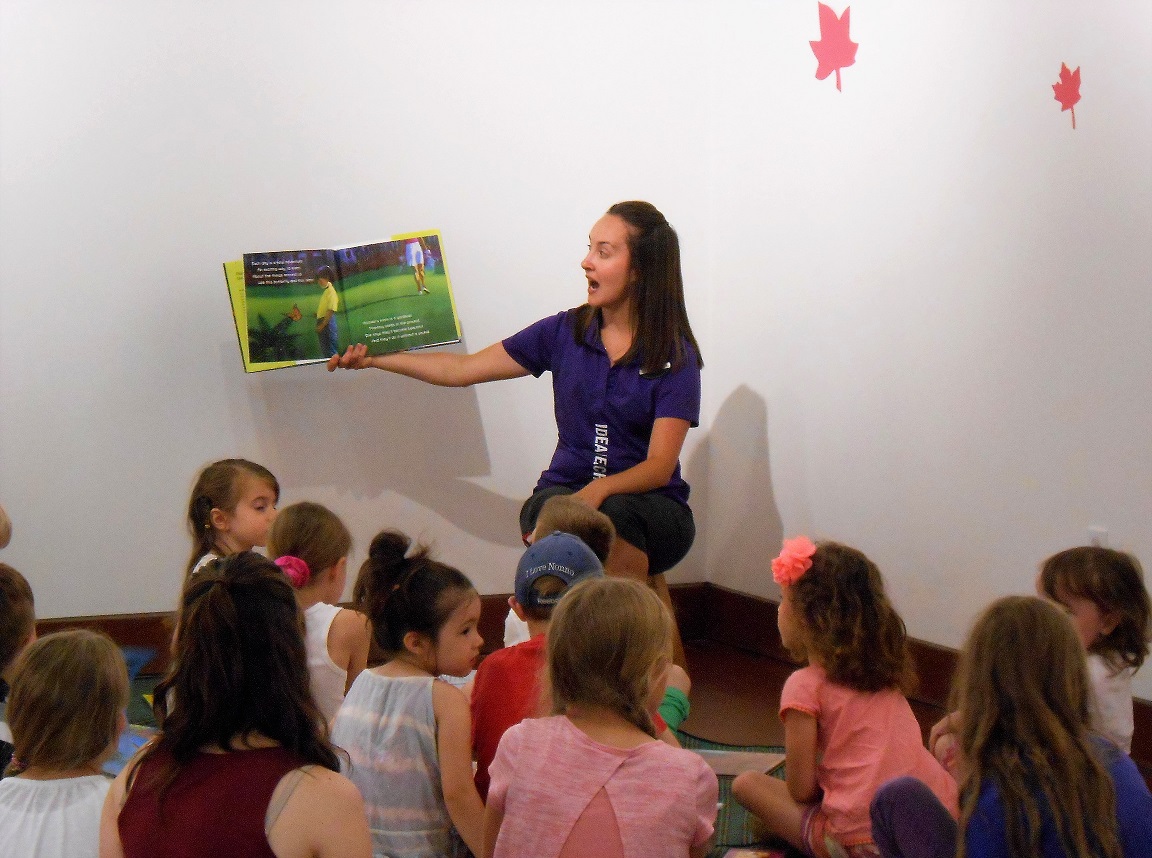Le Nichoir Wild Bird Rehabilitation Centre is a charitable organization located in Hudson, Quebec that provides care and treatment for injured or orphaned wild birds and releases them back into their natural habitat. While we’re certainly no strangers to concepts in wildlife protection we must admit we were quite pleased when Le Nichoir reached out to our Foundation for support for an up and coming initiative. We are after all, most known throughout Canada as being a supporter of school garden projects. But alas there is certainly a bridge between our Seeds of Inspiration Educational Program and the good work being done by Le Nichoir, particularly with their Sow a Seed, Grow a Community project.
Sow a Seed, Grow a Community seeks to deliver outdoor educational environments within the communities of Hudson and Grenville, Quebec. In our tireless mission to expand access to outdoor learning across the nation our Foundation was enthusiastic about the opportunity to support Le Nichoir’s worthy project, beginning with Hudson’s Mount Pleasant Elementary School.
How the Plant a Seed & See What Grows Foundation and Le Nichoir Wild Bird Rehabilitation Centre Partnered to Grow a School Garden at Mount Pleasant Elementary
In the late winter/early spring, teachers and parent volunteers will oversee seed germination in each classroom. Gardens will be maintained throughout the school year by students, teachers and volunteers alike. During the summer months, school families will agree to a weekly rotation for garden upkeep and harvested vegetables will be donated to local food banks and non-profit groups.
The impact of the project will be determined through measurable outcomes. For instance, upon workshop completion, students will be able to list basic plant requirements for growth, identify local pollinators, and be able to name menu items that make up a nutritious, plant-based diet.
In addition, educator and program recipients will be interviewed and surveyed not only to garner feedback but to generate an evaluation report which collectively will serve to enhance the Sow a Seed, Grow a Community program as it grows into other schools and communities.
Partners Involved
This is by no means a two-organization effort, as other valuable partners were deeply involved from day-one. Le Nichoir’s Education Program Coordinator and wildlife biologist Jo-Annie Gagnon reeled in experts in their respective fields to ensure the launch of a successful, scalable, and sustainable program. For one, Ferme Coopérative Tournesol (Les Cèdres, QC) has been brought in to facilitate a children’s workshop on best practices for growing food crops. Hudson Heartbeet Farm (Hudson, QC) has also stepped in to offer an additional children’s workshop on seed-to-table food production. Then there’s yours truly, the Plant a Seed & See What Grows Foundation, which is assisting with the funding of the project. Of course, none of this would be possible without the administrators, teachers, and students at Mount Pleasant Elementary School.
The following quote from Jo-Annie Gagnon exquisitely summarizes the call for a partnership between Le Nichoir, our Foundation, and all others involved in this virtuous undertaking:
“I believe the cooperation between Le Nichoir and the Plant a Seed and See What Grows Foundation is a great way to support conservation. Although, for some, it might be hard at first glance to see the link between gardening and conserving birds, we believe that it is a perfect match. As a biologist, I know that I cannot see things as separate; everything is connected. We have to learn to cohabitate with wildlife and support wildlife from the wildest parks to our own backyards. It is why this project supported by the Plant a Seed and See What Grows Foundation is so important. By working with schools to grow gardens in their yards, we teach the children many important things that will make them more conscious of the environment such as knowing where your food comes from, connecting with nature and understanding that simple actions can have great impact, both positive and negative, on the environment. Something as simple as including pollinator friendly native plants in a garden can help native insects which in turn helps wild birds. We are very much looking forward to the spring to explore the planting season and nature waking from its slumber with the students.”
Jo-Annie Gagnon, B.Sc. Biologie de l’environnement – Environmental Biology Coordinatrice du programme d’éducation / Education program coordinator
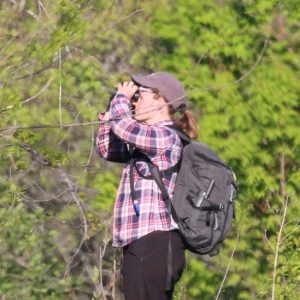
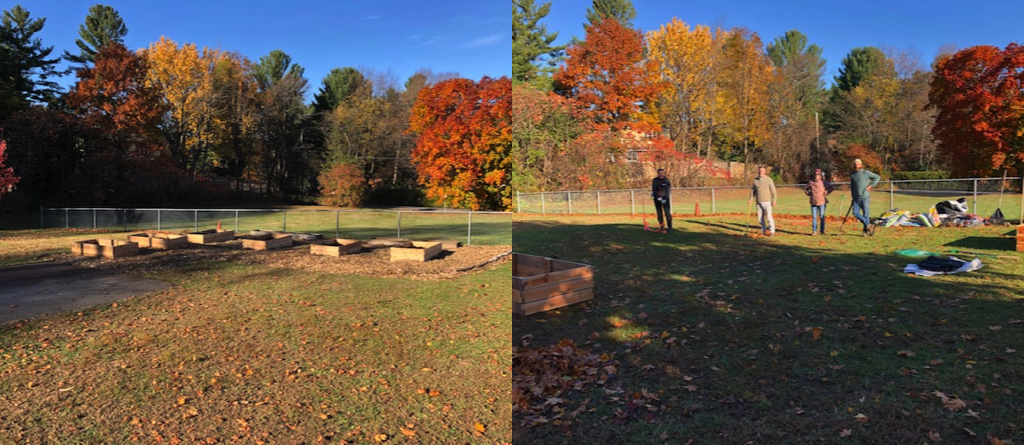
We’re all excited to see how this collaborative community partnership develops in the next few months with potential other schools joining in!
Read how our partnerships have grown through the years here.
To lend your support, learn more about how you can get involved.
